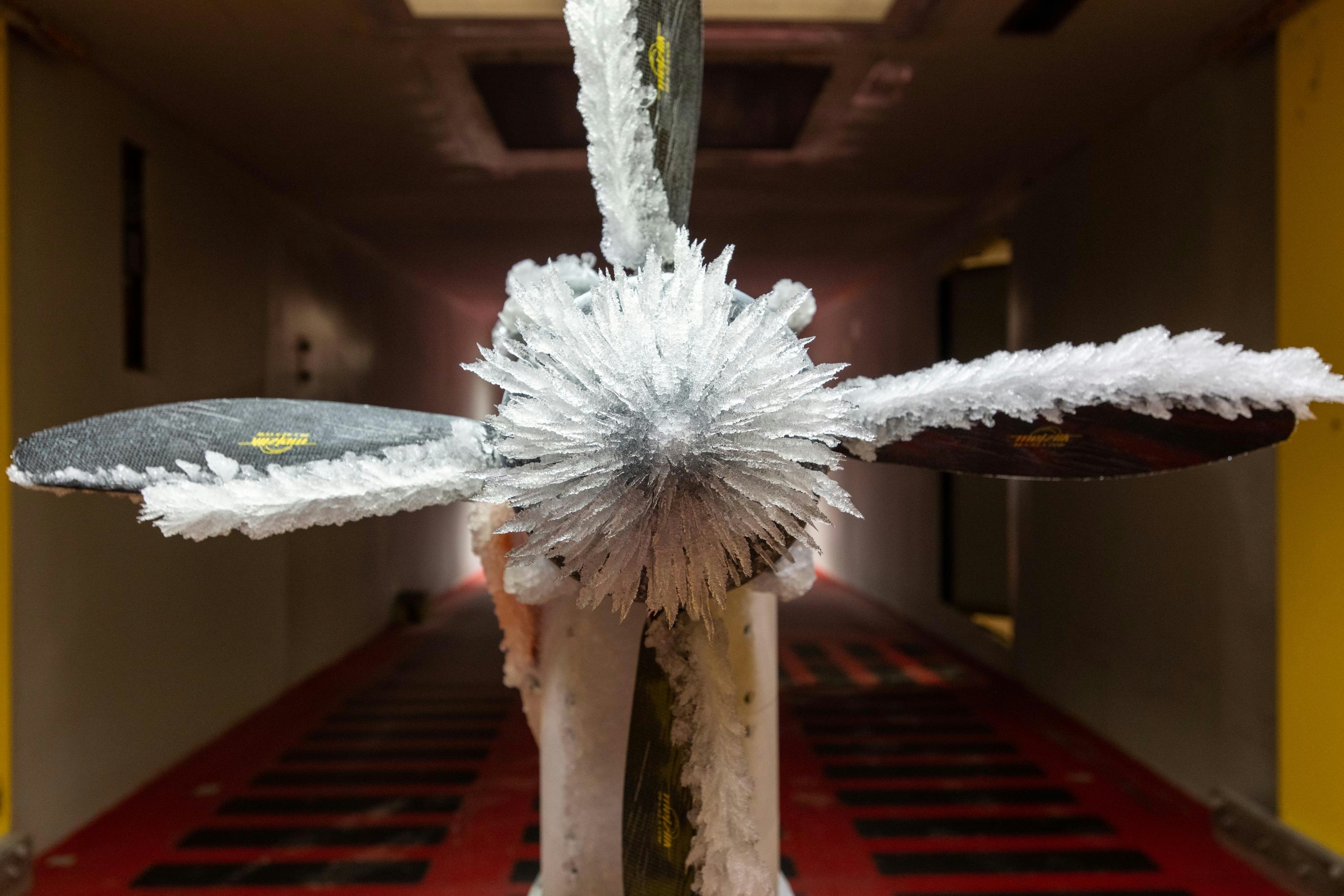
AeroGenie: Su copiloto inteligente.
Tendencias
Categories
Boeing Addresses Key Challenge in 777X Development
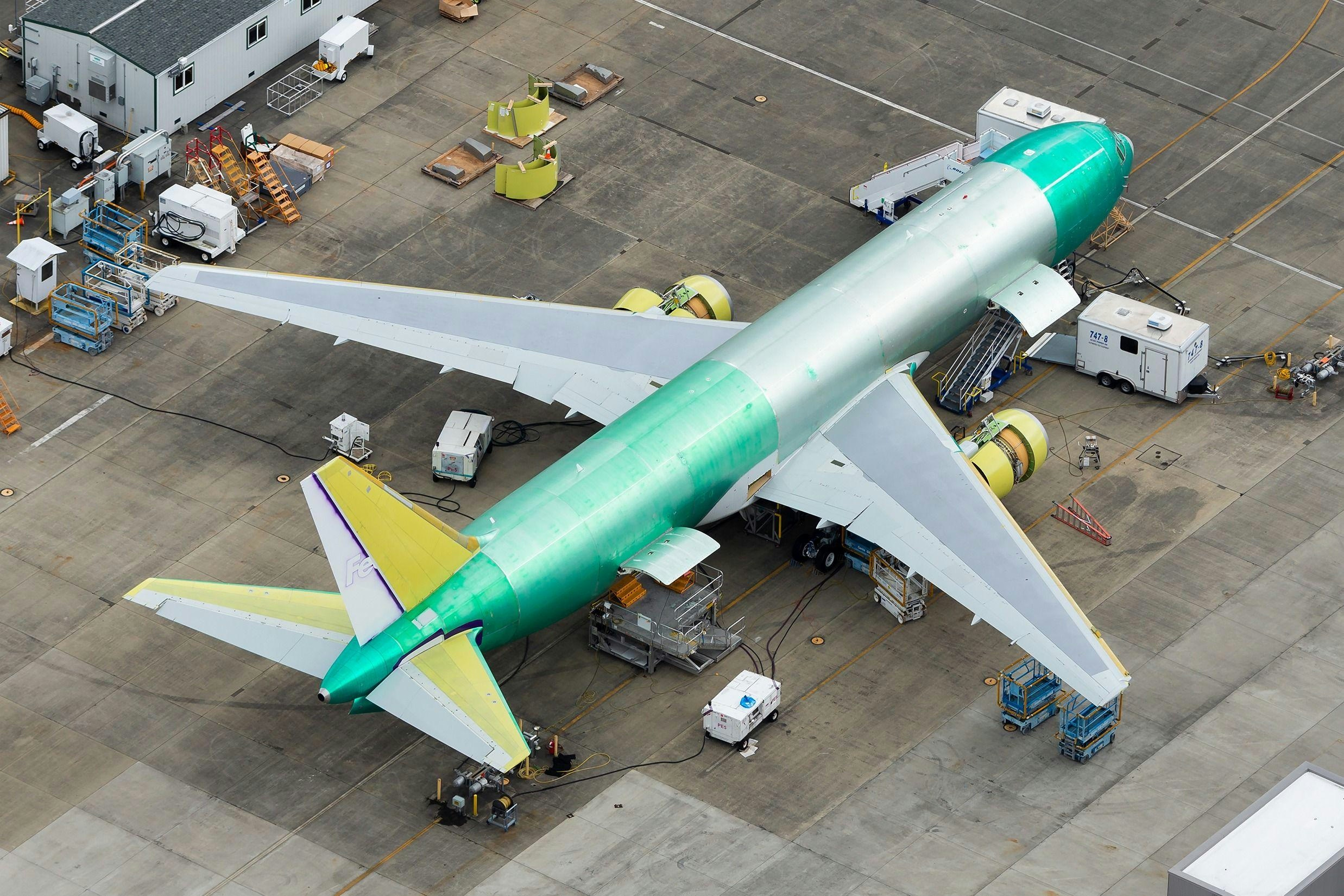
Boeing Addresses Key Challenge in 777X Development
Boeing’s 777X, the latest iteration of its acclaimed Triple Seven widebody aircraft, has been eagerly awaited by airlines around the globe. However, the program has encountered significant obstacles, most notably a critical issue with the engine thrust link that led to the grounding of the test fleet in 2024. This problem threatened to delay certification further and raised concerns about the aircraft’s timely entry into service. The setback posed a considerable challenge for Boeing as it strives to rebuild confidence following recent difficulties with the 737 MAX and 787 Dreamliner models.
The Thrust Link Setback
The core of the 777X’s difficulties centered on its General Electric GE9X engines, specifically the thrust control links responsible for transferring engine loads to the wing structure. In August 2024, a fault was identified in the forward engine-to-strut bolt, a critical component ensuring structural integrity during flight. The defect, reported by Forbes, was not merely superficial; it revealed a potential vulnerability under certain stress conditions. This discovery compelled Boeing to immediately suspend all test flights and halt engine certification activities.
The grounding affected all four test aircraft and occurred amid intensified scrutiny from the Federal Aviation Administration (FAA), which remains cautious following Boeing’s recent regulatory challenges. The 777X program had already faced technical setbacks, including a 2020 incident involving an “uncommanded pitch event” that delayed development by several years.
Engineering a Solution
In response, Boeing collaborated closely with GE Aerospace to conduct a thorough investigation. Structural engineers concluded that under specific flight conditions, the bolts could fail to meet safety tolerances, presenting an unacceptable risk given the 777X’s extended twin-engine operations (ETOPS) requirements. Boeing developed, tested, and validated a reinforced fix designed to satisfy FAA certification standards. This solution, finalized in late 2024, involved strengthening the affected components and instituting rigorous new testing protocols to ensure reliability.
Industry Response and Competitive Pressure
Despite these challenges, there are emerging signs of renewed optimism. Emirates, the largest customer for the 777X, has expressed growing confidence in Boeing’s progress. CEO Tim Clark recently highlighted improved communication from Boeing, suggesting a potential turnaround for the program. Nevertheless, Boeing now faces the critical task of accelerating production once flight tests and certification are complete, a necessary step to meet the substantial demand from airlines.
At the same time, competition in the widebody aircraft market is intensifying. Airbus is preparing to stretch its A350 model to directly compete with the Boeing 777-9, while new entrants such as Riyadh Air are expected to select the A350-1000 as their flagship aircraft. These developments underscore the high stakes for Boeing’s next-generation jet.
Looking Ahead
The resolution of the thrust link issue represents a pivotal moment for the 777X program. Although the path to certification has been marked by technical and regulatory challenges, Boeing’s response underscores its commitment to safety and innovation. As the company works to regain momentum and restore trust among customers and regulators, the 777X remains central to Boeing’s future in the fiercely competitive widebody market.

Certified Aviation Services Appoints Richard Morris as Director of Quality Training and Safety
CAAC Advances Integration of AI in Civil Aviation
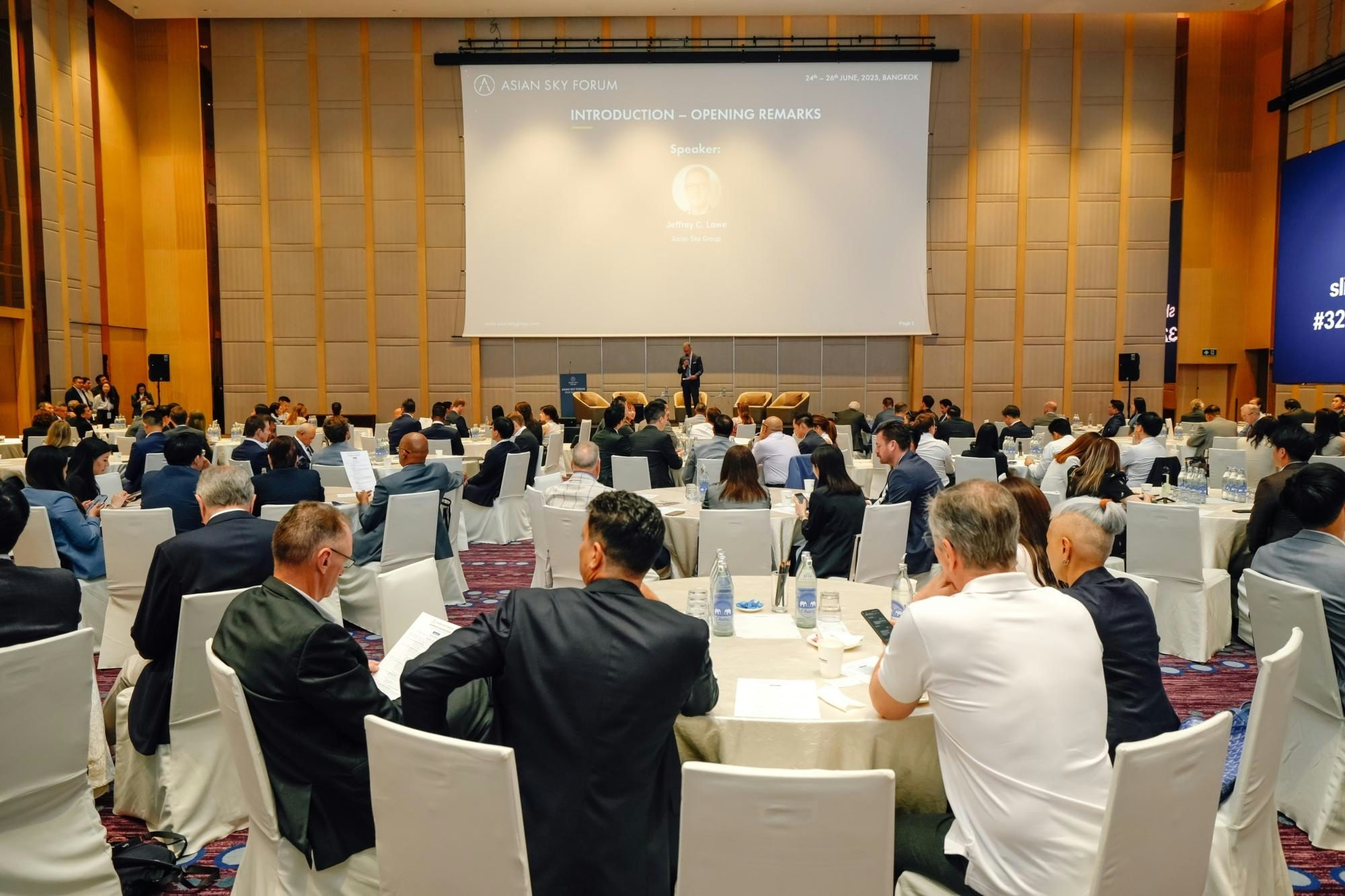
FACTS Summit 2025 in Sydney Highlights Innovation and Sustainability in Asia-Pacific Corporate Travel and Aviation
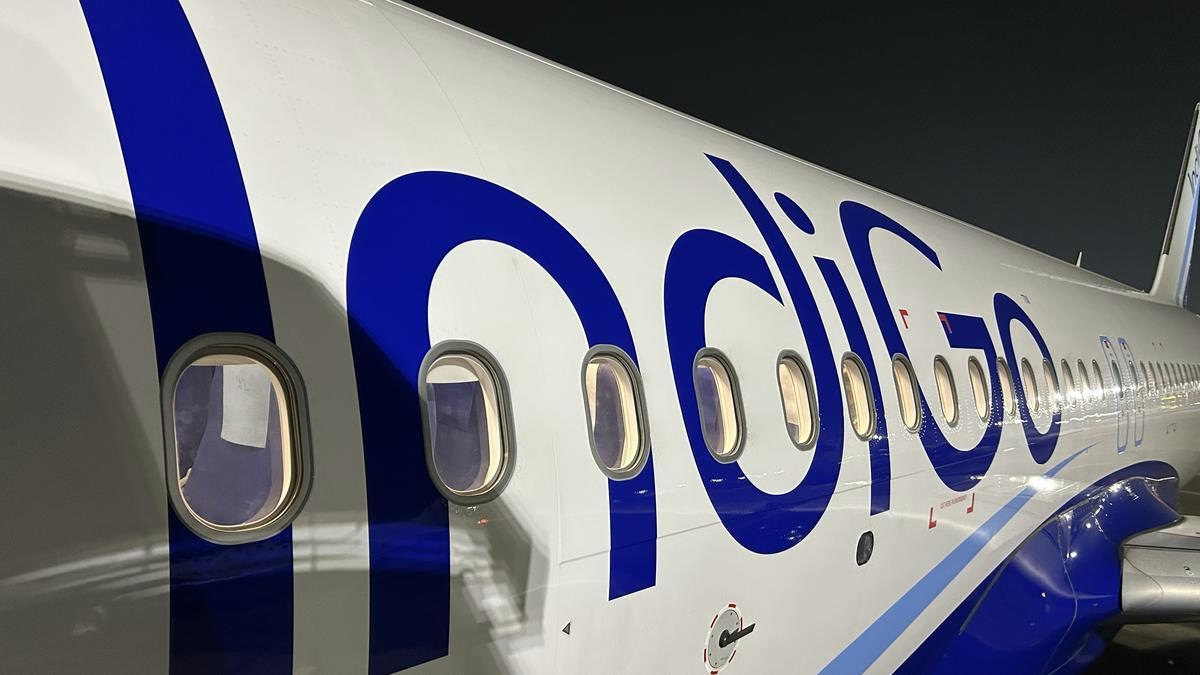
IndiGo to Deploy Wide-Body Aircraft on Vijayawada-Hyderabad Route, Says MP
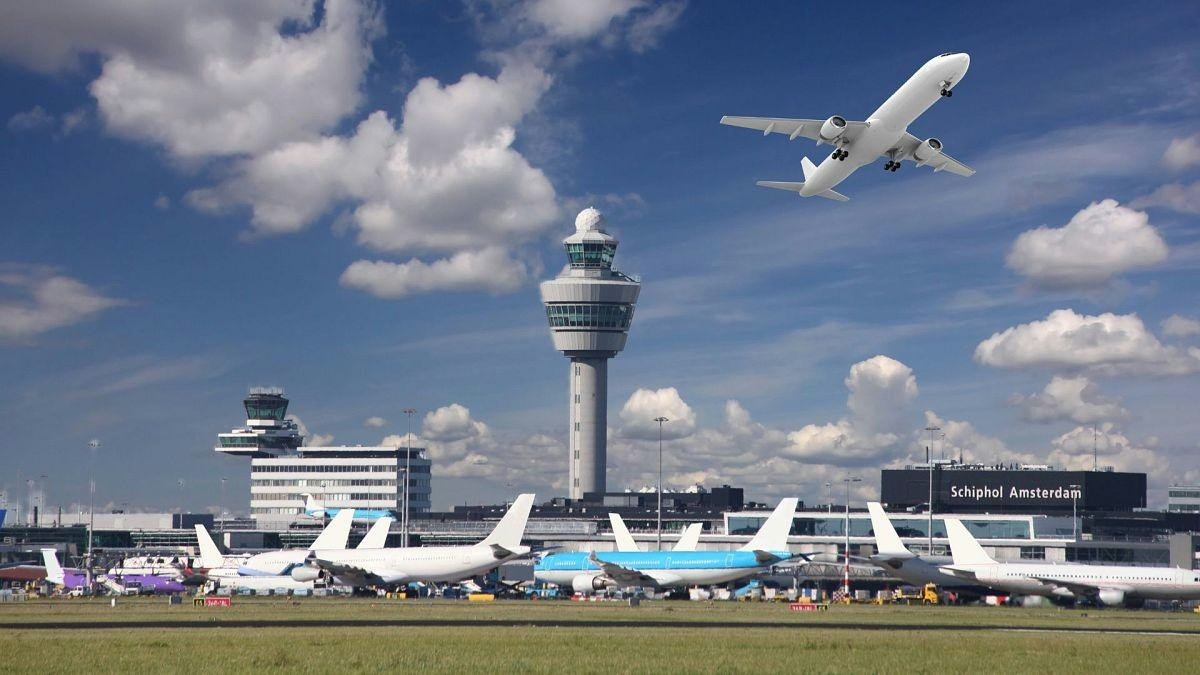
Europe Unveils New Aviation Strategy to Promote Cleaner, Faster Flights
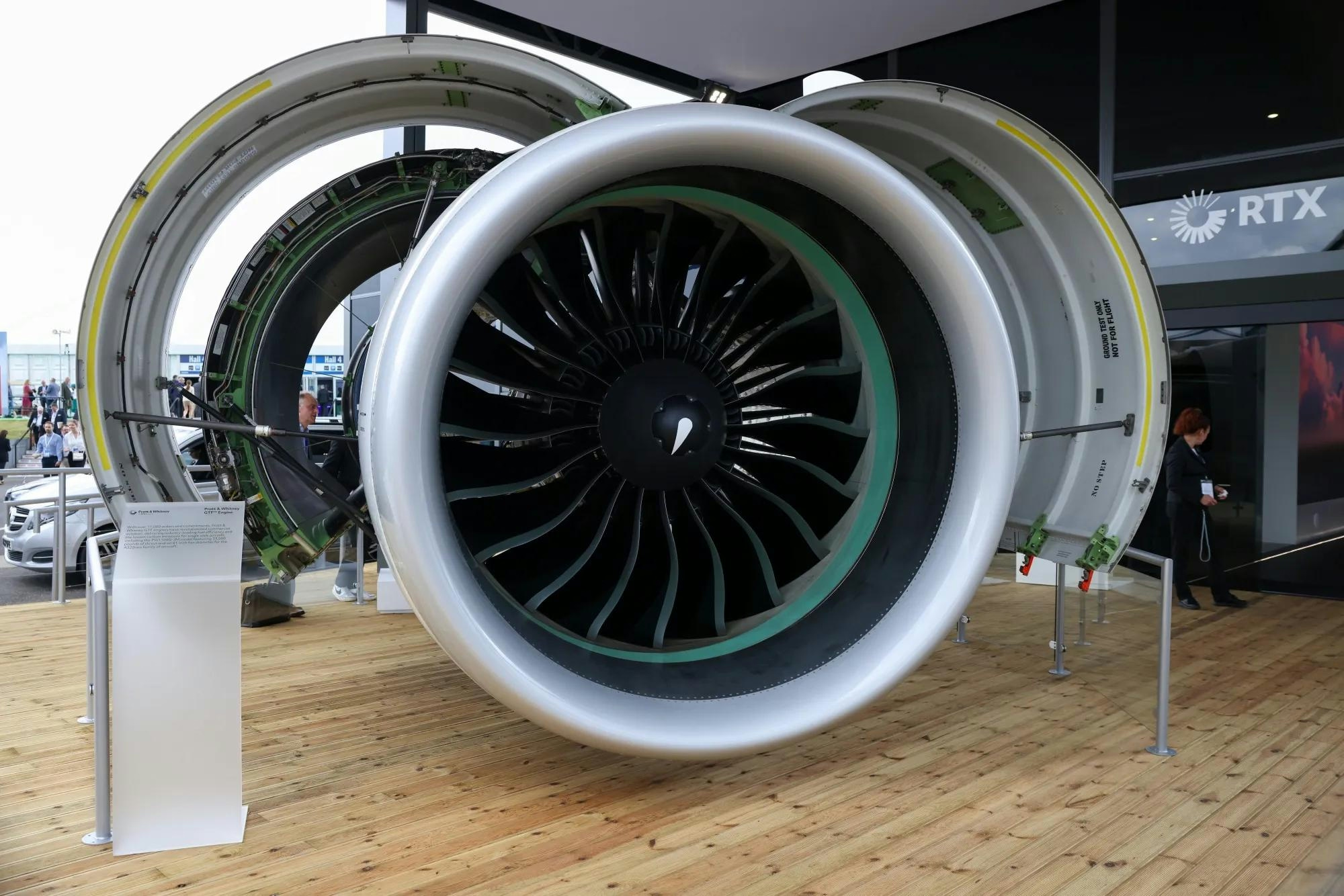
Spirit Signs Agreement with Pratt & Whitney Units on Aircraft Engines

ADB SAFEGATE Receives Industry Awards for Marketing, R&D, and Social Impact

GA Telesis Secures Five-Year Landing Gear Overhaul Agreement with Major U.S. Carrier

Government Strengthens Aviation Safety Framework Amid AI-171 Investigation
